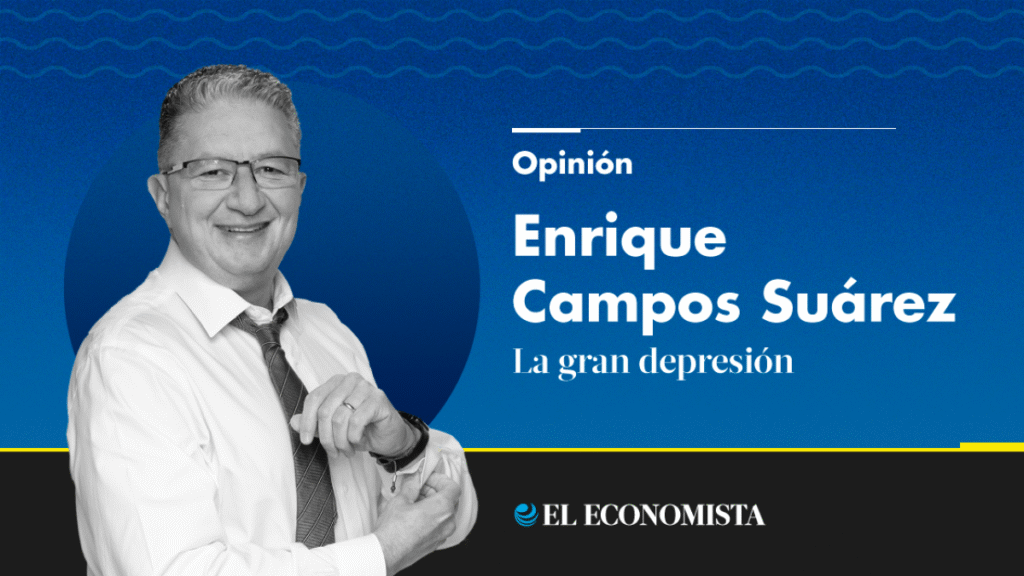Introduction
Since his first term, Donald Trump has been an unmistakable populist. However, during the four years he spent away from the White House, he honed an authoritarian implementation of this method with global masters. Although Trump may not have total control like China or North Korea, he has exploited a weakened opposition, apathetic society, and a broad social base captivated by emotions to advance his imperial intentions.
Populist Techniques and Authoritarian Implementation
Trump mastered the rhetoric of “us against them” and “enemies of the people,” applying it to his “Make America Great Again” slogan. He understood that putting these ideas into practice was crucial.
He resumed the 2025 Project by the Heritage Foundation, a conservative and chauvinistic organization, which also advocates for dismantling the Deep State. Trump has implemented these ideas without significant opposition.
He has become a clear suppressor of free speech and a repressor of civil rights and diversity.
His immigration policy has seen numerous abuses, although he has the right to implement entry restrictions. These violations of human rights should not be part of his policy.
The Enablement of Authoritarian Acts
Trump can act as he pleases because the values once thought to be upheld in a society like the United States lack real defenders. This allows for margins to explore authoritarian acts within what was once considered a model democracy.
The global implications of the United States, due to its size, are evident in its protectionist policies and the indiscriminate application of trade tariffs.
Additionally, the undisciplined fiscal policy, which he managed to pass with little opposition in Congress, will also have effects.
Furthermore, Trump’s attempts to undermine the Federal Reserve by trying to remove its president, Jerome Powell, and dismiss the Bureau of Labor Statistics commissioner, Erika McEntarfer, when he disagrees with employment data demonstrate his pursuit of two populist concepts:
- Claiming to have alternative data that proves his economy is thriving.
Countries have fallen prey to this populist darkness, paving the way for authoritarian regimes. Venezuela is a stark example of this.
El Salvador and Nayib Bukele serve as examples that populist authoritarianism does not rely solely on left-leaning rhetoric.
The Resilience of American Democracy
American democracy is designed to be resistant to such temptations, with a narrative dominated by Donald Trump. However, this narrative could be fragile in the face of significant local scandals, such as his association with convicted sex offender Jeffrey Epstein.
The true test for the American democratic system will be the midterm election next year, which will reveal whether a majority of voters are content with this populist-authoritarian governing style or prefer moderation from the legislative branch.
Key Questions and Answers
- What has Donald Trump done to implement an authoritarian approach during his presidency? He has suppressed free speech, repressed civil rights and diversity, and advanced his imperial intentions by exploiting a weakened opposition, apathetic society, and a broad social base captivated by emotions.
- How has Trump’s protectionist policy impacted the global stage? The United States’ size and protectionist policies, such as indiscriminate trade tariff applications, have generated global repercussions.
- What are examples of Trump’s attempts to influence non-political institutions? Trump has tried to remove the president of the Federal Reserve and dismiss the commissioner of the Bureau of Labor Statistics due to disagreements with employment data.
- How resilient is the American democratic system against populist-authoritarian tendencies? The American democratic system’s resilience will be tested by the upcoming midterm elections, which will show whether voters prefer this governing style or moderation from the legislative branch.






